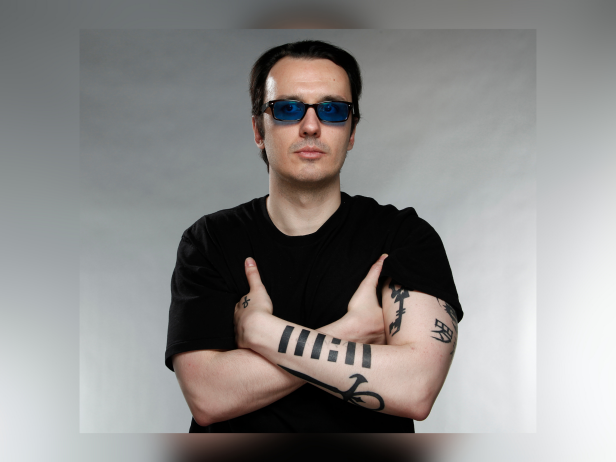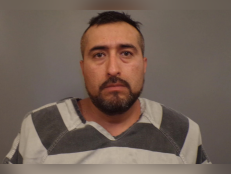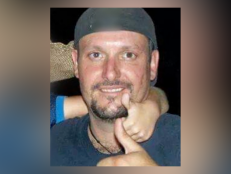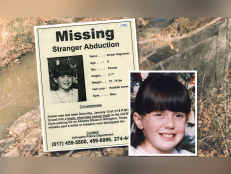How West Memphis Three Case, Damien Echols Inspired ‘Stranger Things’ Character
The show’s executive producer says exploring 1980s “satanic panic” led to the creation of “true nerd at heart” Eddie Munson.

Associated Press
A character on the fourth season of the popular Netflix series Stranger Things was inspired by a man whose name is well known among true crime fans: Damien Echols.
In the show, the Echols-based breakout character Eddie Munson, a social misfit, leads the Hellfire Club, which consists of a group of Dungeons & Dragons aficionados in an era when so-called “satanic panic” — or the fear that devil worshipping (and crimes related to it) — was spreading unchecked across America.
According to show co-creator Ross Duffer, exploring the issue “brought us back to the Paradise Lost documentary series with the [West] Memphis Three, and it brought us back to Damien Echols.”
“We really wanted that character who’s a metalhead, he’s into Dungeons & Dragons, he’s ultimately a true nerd at heart,” Ross explained of Munson, who is played by actor Joseph Quinn. “But from an outsider’s point of view, they may go, ‘This is someone that is scary.’ So that’s really where the idea for Eddie came in.”
Like Echols, in the series, dungeon master Munson is accused of committing a murder.
“What’s sad about [Munson’s] narrative is that the people who get to know him love him, and the people who don’t have judged him horribly. Just because of the way he dresses and just because of his interests,” said Ross’ Stranger Things co-creator and brother, Matt Duffer.
In 1993, Echols, then 18, and two other teenagers, Jason Baldwin, then 16, and Jessie Misskelley, then 17, were accused of killing three 8-year-old boys, Steve “Stevie” Branch, Christopher Byers, and Michael Moore, and leaving their bodies in a ditch in West Memphis, Arkansas.
The following year, the trio of suspects were convicted of the killings. Echols, who prosecutors at trial portrayed as obsessed with paganism, received a death sentence, while Misskelley and Baldwin were ordered to spend life behind bars.
In 2010, three years after new DNA evidence first raised serious doubts about whether or not the defendants were actually guilty of the murders, the Arkansas Supreme Court ruled a lower court must re-examine case evidence, including the possible existence of exculpatory DNA.
The following year, instead of going through another trial, Echols, Baldwin, and Misskelley agreed to an Alford plea deal, which allowed the men to admit there could be enough evidence to convict them of the murders at a new trial while still maintaining their innocence.
As a result of the deal, a judge sentenced them to time served, and they were effectively free.
For more on the West Memphis Three, stream The West Memphis Three: An ID Murder Mystery on discovery+.








![Relisha's photo is shown age-progressed to 14 years. She was last seen on March 19, 2014. [via National Center for Missing & Exploited Children]](http://investigationdiscovery.sndimg.com/content/dam/images/investigationdiscovery/crimefeed/legacy/2021/05/relisha-rudd-missing-ncmec-052121.png.rend.hgtvcom.231.174.suffix/1621619534494.png)
